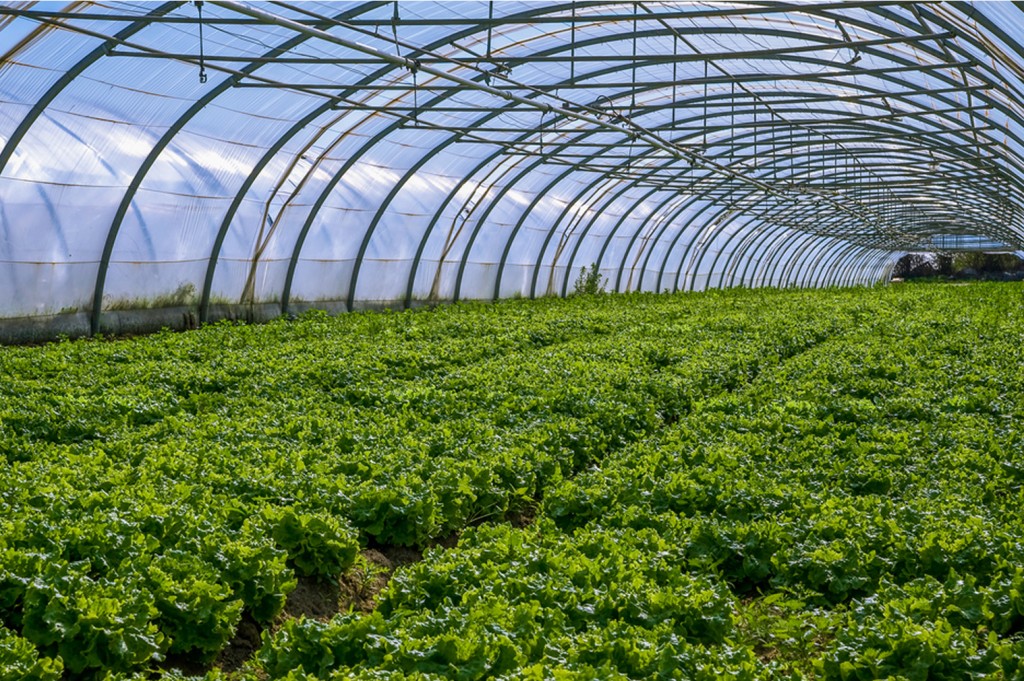
Being the biggest producer of foodgrains and horticulture crops, India could help the African continent develop its agri sector. To boost Africa’s agricultural production, the Indian industry can help in training and transfer of technology as it imports pulses from the African continent, recommend diplomats from both sides, analysts feel.
When the five-day India-Africa conclave takes place in India from October 26, the two sides along with the industry honchos are expected to deliberate on the need for greater cooperation in agriculture and agro-processing, which would have a positive impact on the food security situation in Africa and India. According to Navtej Sarna, secretary (west) MEA, “Leaders of all 54 States in the region, and nearly 1,000 delegates including heads of government, ministers, government officials, business leaders and others, have been invited for this summit.”
While the meeting between the heads of the government and states will take place on October 29, it will be preceded by rounds of interactions between the ministers and the senior officials.
Africa’s farm sector is expected to grow to up to $1 trillion by 2030, although this growth will largely depend on adequate technology infusion. According to officials, Indian companies could help Africa’s agriculture sector in several ways such as: farm mechanisation; agro-processing and storage; investments in training and development of human resources for the farm sector, and employment generation; greenfield investments, local vendor development and agriculture exports to neighbours; setting up of agro parks in Africa; and setting up of horticulture industries, floriculture units and contract farming.
Cheap land and labour costs in Africa are attracting a number of Indian firms with interests in the farm sector. A large number of people in East African countries such as Kenya work in the cultivation of tea, coffee, corn, vegetables, sugarcane, wheat and fruits, among other things.
Given the huge landscape and diversities, both the regions have immense potential for growth. The recent OECD-FAO Agricultural Outlook (2013-2022) projects that the developing countries are expected to be the leading source of demand for agricultural products.
Among the important initiatives for agriculture in Africa is the support programme for cotton-growing countries.
India has been extending support for the development of cotton sector in the Cotton Four(C-4) countries (i.e. Benin, Burkina Faso, Chad and Mali) and also in Nigeria, Uganda and Malawi where India is providing cotton technical assistance, support and cooperation India has already a well-established national research system, seed sector and testing laboratories in place. In this scenario, an enhanced Africa-India STI cooperation can play a significant role in facilitating African countries for building R&D infrastructure, working out necessary Mutual Recognition Agreements (MRAs), sharing successful mutual practices and expertise, and supplying appropriate planting materials. India has already provided better sugarcane germplasm to Ethopia for higher yields.
With the government acting as a facilitator to the whole process rather than as the main player, it is supporting the conventional new greenfield foreign direct investments, merger and acquisition purchases of existing firms; public-private partnerships; and specific tariff reductions on agricultural goods imported to India through the negotiation of regional bilateral trade and investment treaties and double taxation (avoidance) agreements.
The Indian private sector is the main vehicle through which investments in agriculture are being made in the African continent.
Many business enterprises such as Jain Irrigation, Karuturi Global, Kirloskar Brothers, Ruchi Soya and Renuka Sugars have established presence in several countries in farm and related sectors. In addition, several new players such as Yes Bank and McLeod Russel are making forays into the agriculture sector in the continent.
Further, while boosting Africa’s agriculture production, India too can meet its food needs with imports from the continent, especially pulses, where India faces a huge shortfall. Besides, the Indian industry could also help African governments to establish agriculture vocational training schools in their respective countries.